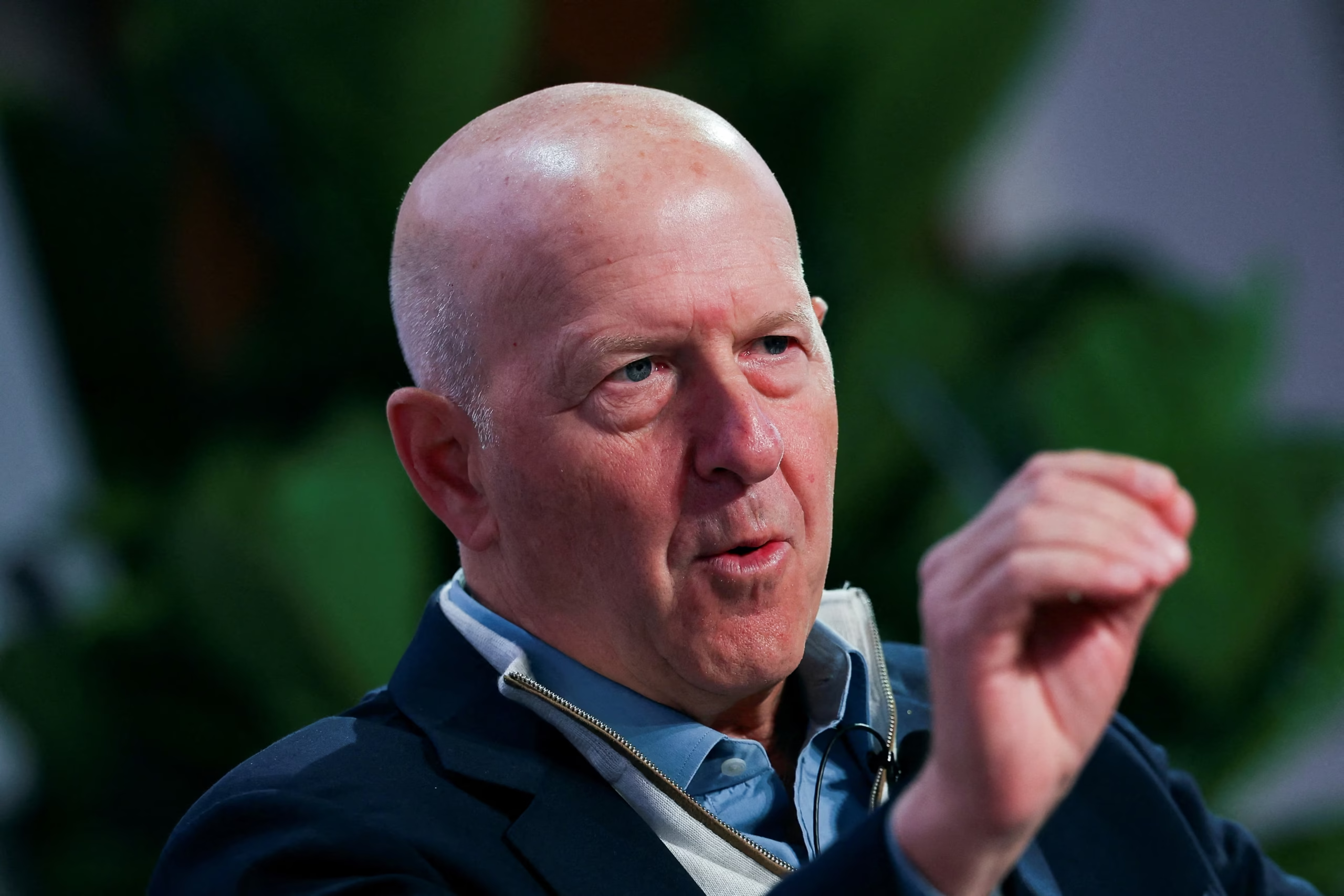Goldman Sachs has kicked off its 24th Annual Alternative Investments Summit, featuring global dignitaries from business, finance, defense, and policy. Notable speakers include former U.S. Secretary of Defense Lloyd Austin, former Treasury Secretary Steven Mnuchin, former UK Prime Minister Rishi Sunak, and Yale psychology professor Laurie Santos.
To discuss the summit and the current outlook on capital markets, CNBC spoke with the Chairman and CEO of Goldman Sachs, who also sits on CNBC’s CEO Council, David Solomon.
Solomon said attendance at this year’s summit remains strong, with over 450 limited partners present. He highlighted that Goldman Sachs now manages or supervises more than $500 billion in alternative assets, including private equity, private credit, infrastructure, and real estate. According to him, the industry is still in the “early innings” of private capital growth, especially as global demand for alternative investments accelerates.
He argued that the United States maintains a unique advantage because it has the “most robust capital formation system in the world.” Private capital growth, he noted, has been partly fueled by regulation as more lending activity shifts outside traditional banks. While he expects some rebalancing in the coming years, Solomon believes the expansion of private credit and private markets remains constructive for the broader economy.
The CNBC hosts raised questions about risk, accessibility, and transparency, especially as alternative investments become available to more than just ultra-wealthy investors. Solomon acknowledged that alternatives can be less liquid, but says they can make sense for long-term savers, including younger retirement investors who don’t need immediate access to funds.
On concerns about valuation practices in private markets, Solomon agreed that increased transparency and debate are healthy, especially as retail engagement grows. While illiquidity can justify slower valuation adjustments, he maintained that marking assets fairly is “generally the prudent thing,” particularly when funds offer periodic liquidity.
The conversation also touched on the slowdown in private equity exits in recent years. Solomon attributed that to inflated valuations in 2020–2021, followed by a market reset. Many firms are now waiting for portfolio companies to “grow back into their marks” before selling—a process that has taken time.
In closing, Solomon emphasized that alternatives will continue playing a bigger role in portfolio construction, but suitability, liquidity needs, and time horizon must guide investor decisions. “There’s a time and place for everything,” he said, “but you have to understand what you own.”










